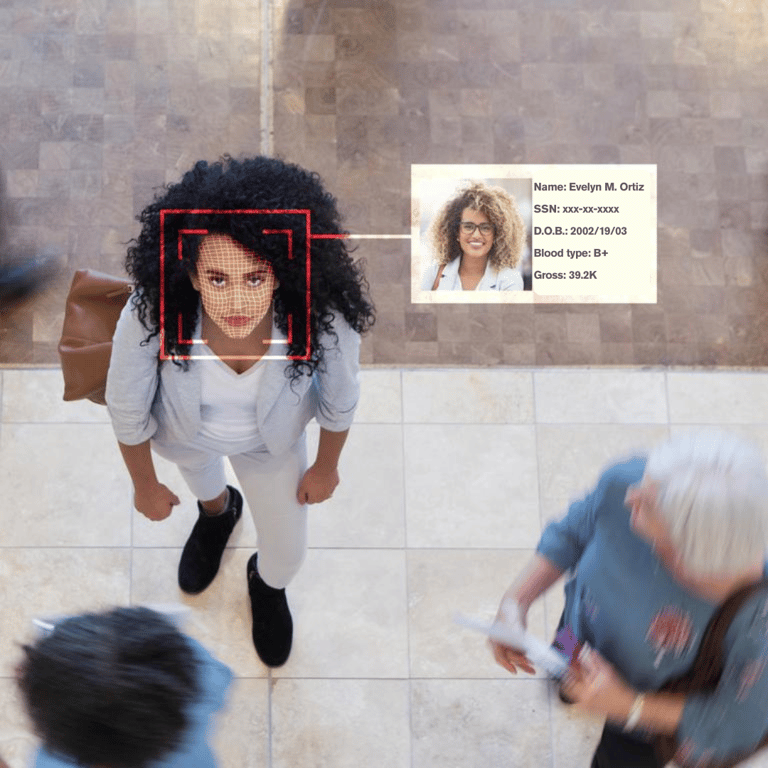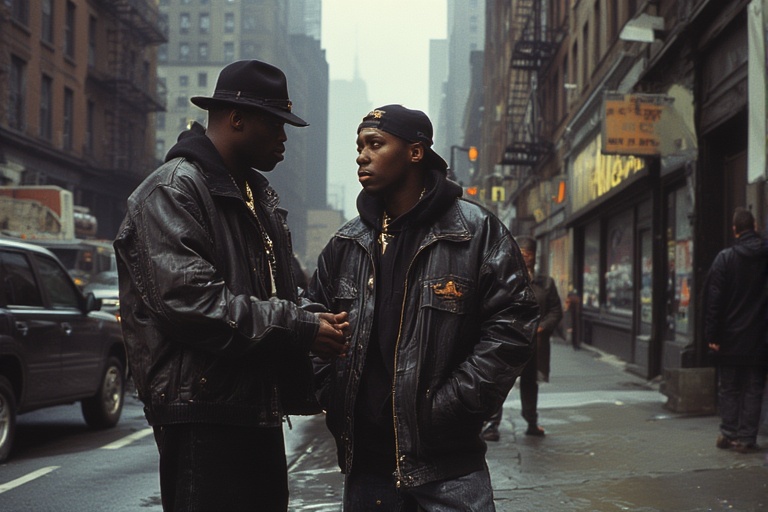

I’m not talking about going full Scarface. Not talking about violence, not burning the block down. I’m talking about the low-key grind—the type of side hustle that’s always existed in neighborhoods like ours. The under-the-table deals. The flip-the-script moves. The survival tactics passed down because the “legal” way was never open to us. The truth is, those little hustles? They can bring more peace of mind than breaking your body for crumbs.
And here’s the kicker: our own government knows this. They know they boxed us in. They know they gave us slim to zero options. And instead of fixing the trap, they’re out here doing charity giveaways to people who ain’t even citizens. Imagine drowning, begging for a lifeboat, and watching Uncle Sam toss them to strangers while you go under. That’s not just a slap in the face—it’s a shove underwater.
So yeah, when I say the other side of the law feels like the better side, I don’t mean it in some cartoon villain way. I mean it because we’re forced into it. Because “playing by the rules” only works when the rules aren’t rigged. Congress? Washington? Fuck all of you. You sold us out. You’ve got money for wars, money for immigrants, money for corporations, but not a dime to help actual citizens break free from the cycle.
If this country really gave a damn, it wouldn’t be criminalizing survival. But since it does, don’t be shocked when more and more of us realize: being “law-abiding” is for suckers, and hustling on the other side? That’s the only path left that still feels like it belongs to us.


To be fair, let's compare Hustling Then vs. Hustling Now:
Getting away with hustling was significantly easier in the 1980s compared to today. Back then, law enforcement had weaker tools, financial oversight was loose, and there was no all-seeing digital eye recording your every move. Today? Between AI, mass surveillance, and hyper-regulation, even the smallest side hustle risks getting flagged, tracked, or shut down before it pays out.
Law Enforcement & Surveillance:
1980s: DNA testing was just emerging, police relied on informants, wiretaps, and manual surveillance. If you were slick enough, you could slip under the radar.
Today: Police carry body cams, launch drones, scrape social media for evidence, and use AI to analyze your digital footprint. Metadata from your selfies, GPS pings from your Uber ride, or even the hashtags you used can become evidence in court.
Financial Tracking & Money Laundering:
1980s: The deregulated banks of the era were practically open doors for shady cash. Laundering was as simple as a cash-heavy nightclub, an offshore account, or a real estate shuffle.
Today: Anti-money laundering laws are airtight, with financial institutions required to report suspicious activity. Cryptocurrencies looked like a loophole for a while, but blockchain’s “forever ledger” means even crypto laundering gets tracked by machine learning systems.
Scams & Digital Forensics:
1980s: Street scams like three-card monte, counterfeit goods, and pyramid schemes stayed local and required physical hustle. Victims were limited to whoever crossed your path.
Today: Scams are global and automated. AI-powered phishing campaigns, deepfakes, and fraudulent websites scale to millions of victims at once. But mind you, digital forensics experts can trace crypto transactions, chat logs, and burner phone metadata back to you in ways old-school hustlers never had to worry about.
The Conclusive Trap
It’s a cruel irony. Our parents and grandparents hustled in an America where back-alley deals, under-the-table, and even minor financial tricks could actually help you level up a notch or two. Now, legitimate work requires overpriced degrees, and those hustles that once helped regular folks survive are criminalized and hyper-tracked. Yay. Apparently, in today’s America, the dream is outsourced, and the hustle is incapacitated.

